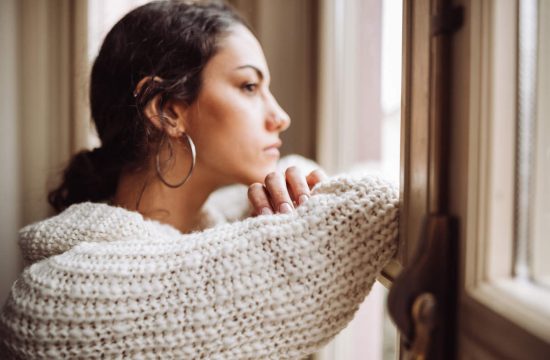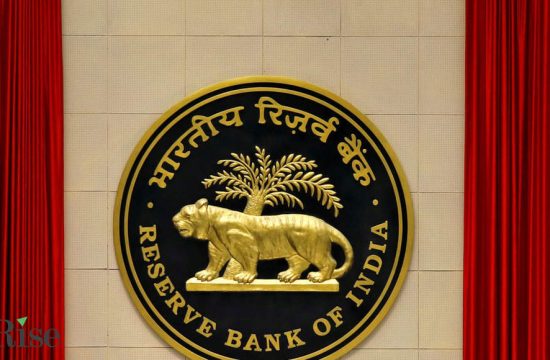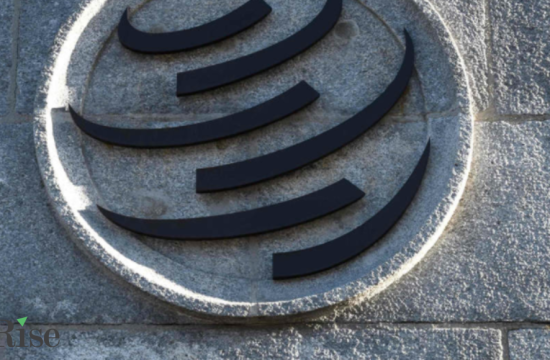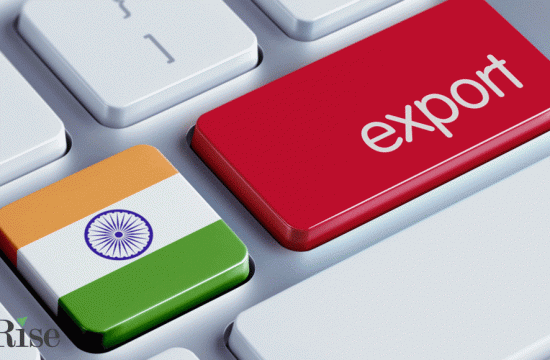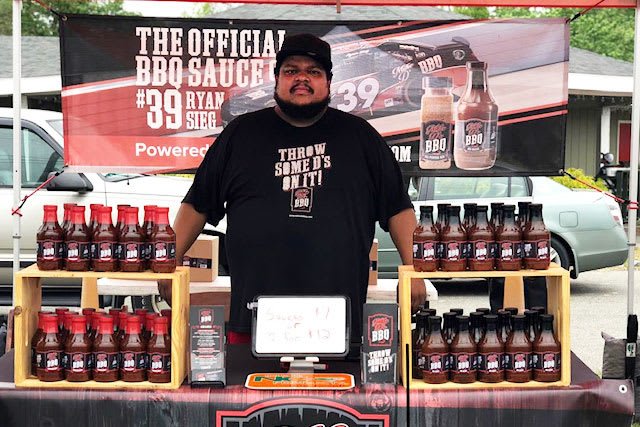
Michael De Los Santos saw a big boost in sales on Blackout Day as consumers supported his BBQ sauce business.
Source: Michael De Los Santos
As activists and allies spread the word about Blackout Day, some Black-owned businesses said they saw a boost in support.
The movement urged both Black consumers and others to either withhold spending entirely on Blackout Day or support Black-owned businesses, in order to show the spending power of the Black community and to highlight the need for economic and financial equality.
Nile, an online community that connects shoppers with Black-owned brands, saw a boost of 200% in its user base on Tuesday from the prior day.
Nile’s founder, Khadijah Robinson, said she launched her website March 1 after collecting a list of Black-owned web businesses to support that she circulated with family and friends for years.
“I really love online shopping, and it was so hard to find Black brands to shop with. … I wanted to make it easier for myself,” Robinson said, adding she had so many requests for the list she decided to turn it into a platform so others could join.
Today she has 1,900 brands on the platform. Submissions are increasing daily due to a heightened focus on supporting Black- and minority-owned businesses in recent weeks as protests over racial injustice continue across the country. The site is also getting a boost as consumers buy even more online as the coronavirus pandemic continues to impact businesses nationwide. Nile went from around 4,000 users on the platform in May to some 19,000 in June.
On Tuesday for Blackout Day, Robinson’s company took to Instagram, encouraging shoppers to support Black-owned small businesses and creating awareness via social media about inequities within the business community and beyond. Followers engaged on the e-commerce platform, boosting brands’ traffic.
“We are seeing an influx of interest, and there’s been a growing interest in the movement to support Black businesses for several years,” she said. “People are really trying to be more conscientious with their shopping and support these small, minority and women-owned brands, and finding our tool really useful in terms of facilitating that.”
Black- and minority-owned business owners were hardest hit during the Covid-19 pandemic, according to recent research, making a day like Blackout Day even more important. The number of active business owners nationwide fell by 22% from February through April, but Black-owned businesses experienced an outsized impact, with a 41% drop in working business owners. Latino business owners fell by nearly a third, and Asian-owned businesses fell by 26%.
Nielsen estimates that Black households accounted for some $ 1.4 trillion in spending in 2019, and purchasing power continues to grow.
The website MyBlackReceipt.com encourages shoppers to upload receipts from purchases made at Black-owned businesses and shows $ 7.6 million has been spent from June 19 through July 6.
Black consumers have a growing influence in the marketplace, said Cheryl Grace, senior vice president of U.S. strategic community alliances and consumer engagement at Nielsen. Word-of-mouth recommendations are also key within the consumer base, Grace said. She expects Blackout Day will have an influence on money being spent.
“African Americans are 40% more likely to say they are among the first to try new products and services,” Grace said. “Black consumers tend to be trendsetters. … It is a demographic no business can afford to overlook.”
Michael De Los Santos owns Mike D’s BBQ, based in Durham, North Carolina, and sells barbecue sauces and dry rubs in stores and online. De Los Santos also lists his sauces on Robinson’s Nile platform.
On Blackout Day, he offered automatic discounts for anyone who spent $ 20 or more on his site and he saw a 280% increase over his daily sales average. This is on top of a boost he’s seen in recent weeks as more customers move to support Black-owned brands.
“Anytime you can bring in new customers to Black-owned businesses, it’s a great thing,” he said. “And what I hope is that it isn’t just a one-time thing, where folks in this moment are going to support Black businesses right now because it’s popular. I hope it’s a sustainable thing, where folks can adjust their buying habits for the long haul.”




